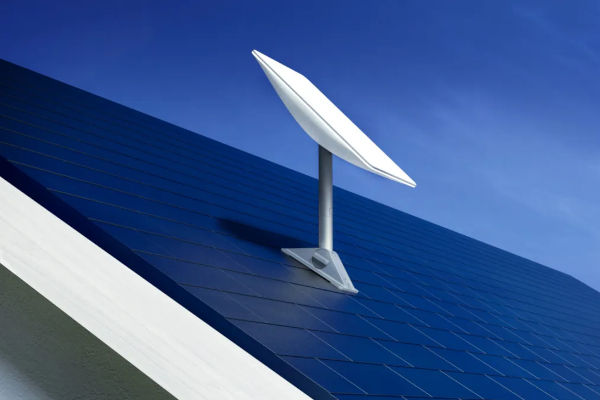CES 2018 even brought up a some interesting products, and Google Smart Displays are part of the line-up. Smart Displays from Lenovo, JBL, LG and Sony have been announced and are being written and talked about. But the question that is biting me deep inside is, What the heck does anyone need Google Smart Display for?
Before we attempt to answer that question, it is a solid idea to find out what these new devices are.
What We Mean By Google Smart Display?
These fancy new smart displays are pretty much tablets with Google Assistant baked in. You can hang yours on a wall or sit it on a desk. The unique selling point – if it is that unique – is Google Assistant. Google Assistant in your face. Nifty; right? So, it is safe to define a Google Smart Display as Google Home with a big screen.
Who Needs A Google Smart Display?
If these smart displays are all about Google Assistant, why do you need another device? You already have Google Assistant on your Android smartphone and tablet. If you use it at home, you have it as Google Home, and if you have a smart TV, you can already interact with it via that as well.
So, let me ask again: Who the heck needs a Google Smart Display? Why an extra device? If I have my smartphone on me 95% of the time, and Google Assistant already works on it, why would I want to drop it to walk to desk or wall in the house to tap on a display?
Yes; this is nothing novel. This is Google taking on Amazon Echo Show – which I doubt has a huge market as well. Remember how there was initial excitement about tablets and then as soon as the euphoria died off, the tablet market began to cool off? Why? Because real need scenarios for tablets are not as extensive as with smartphones.
Most people who already own a smartphone and a laptop find very little need for a tablet. There is a clear use case for a smartphone. There is a clear use case for a laptop. But a tablet occupies a grey area. And a Google Smart Display more so.
If you already own a tablet, a smart display is not a need. Same if you already own a smartphone, tablet, smart TV or to some extent, even Google Home. After all, the one great convenience that Google Assistant brings to the table is voice interaction.
It is interesting to see a number of hardware partners rolling out smart displays. The viability of this niche market in the long term is what I question. But then, time will tell. We human beings can be as unpredictable as we are predictable, after all.
In the meantime, until I see a unique value proposition of this new product, I am not buying into this.
mobility





























